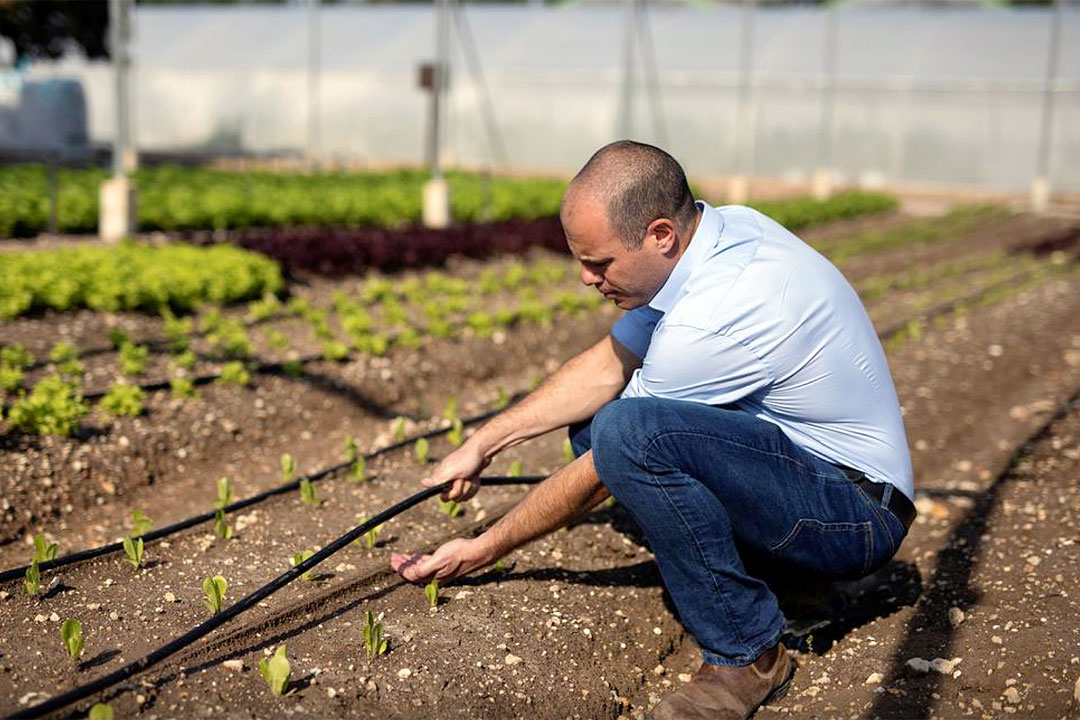Israel calls for more support to unlock potential of foreign-trained farm experts

THE PHILIPPINES needs to find a way to effectively employ the skills of its agriculture experts trained overseas, according to the Israeli ambassador, whose country trains 400 Filipino university graduates a year in farming techniques.
Israel’s Ambassador to the Philippines, Ilan Fluss, said on Friday that many of these graduates return without working in the agricultural sector or benefitting the Philippines despite their advanced studies.
Such students typically complete a business proposal during their stay in Israel, he said of the Filipino graduates of Israel’s Agrostudies International Centre.
The Philippines, via the Technical Education and Skills Development Authority, nominates the 400 trainees to study in Israel, where they work for 11 months alongside Israeli farmers to generate ideas for upgrading commercial farming via technology and other best practices.
“For me, the important thing is to make sure that we have a platform or some kind of program so that when they come back, they are offered opportunities to stay here, to grow, and to be successful in the Philippines,” he said at a media roundtable discussion, noting the absence of jobs in their field that pay well.
“This is something that has to be led by the Philippine partner,” he added.
He floated the idea of an online platform which matches potential employers with trained experts, in order to achieve a better retention rate for the 400 returning trainees or anyone else who might be interested.
“When we see this, then we can start negotiating to have more (interns),” he added.
Mr. Fluss said he is looking for more partners in the Philippines. “I want to find a good partner which is willing to invest, which is open to change and is ready for that, then we’d be happy to come in and work with (them).”
Israeli delegations have been looking in Davao, Bataan, and Laguna to identify partners, he added.
“We’re trying to see what else we can do,” he said. “So basically, what we’re building is a long-term plan.”
At the same roundtable discussion, Nina Lehmann, an expert from Israel’s Agency for International Development Cooperation (known by the acronym MASHAV), said farmers in the Philippines are old, with the younger generation less interested in agriculture. She noted that even parents who are farmers tell their children not to take the same path.
MASHAV is exploring how to promote agriculture with a business mindset to make it more appealing to young people.
During a visit to Tarlac and Nueva Ecija, Ms. Lehmann and Moshe Broner, another MASHAV expert, explored how to incorporate Israeli technology in Philippine farms.
Their project, known as PICAT, aims to establish extension and training centers for agriculture and related fields in the region that will focus on farm productivity, profitability, and sustainability, thereby improving living standards of farm families and their communities.
“In order to have better agriculture, we need to bring the high-tech to the low-tech, and this is where we need the young generation. We can help give good advice, but it is their role to create the next generation of agriculture,” Ms. Lehmann said.
“Everywhere we are going, we tell the farmers or any other people, we didn’t come to teach you, we came to share knowledge. We can learn from farmers not less than we can give them,” Mr. Broner said. — Alyssa Nicole O. Tan



